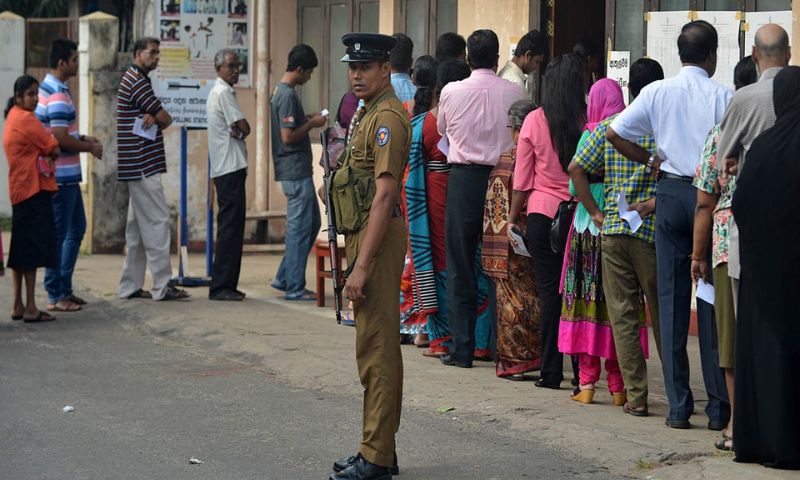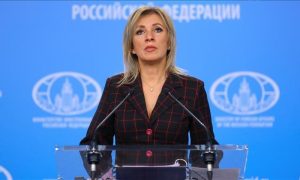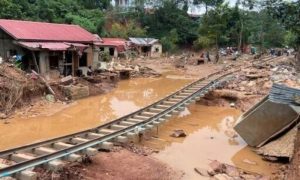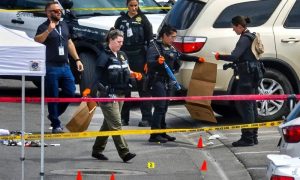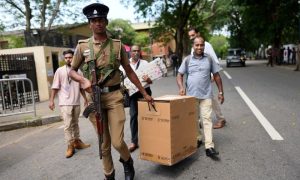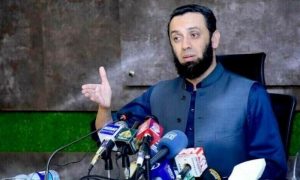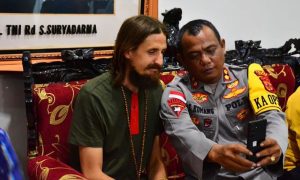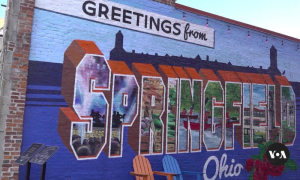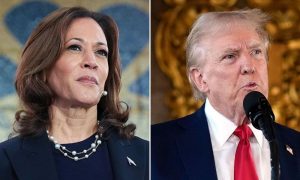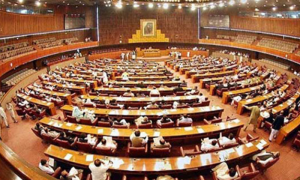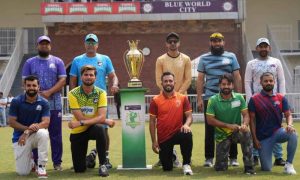COLOMBO: Cash-strapped Sri Lanka voted for its next president on Saturday, marking an effective referendum on an unpopular austerity plan imposed by the International Monetary Fund (IMF) following the country’s unprecedented financial crisis.
Provisional figures indicated a turnout of nearly 70 percent an hour before polling stations closed at 4:00 pm (1030 GMT). The highest voter turnout for a Sri Lankan presidential election was recorded in 2019 at 83.72 percent.
President Ranil Wickremesinghe is seeking a fresh mandate to continue the belt-tightening measures that have stabilized the economy and ended months of shortages in food, fuel, and medicine. His tenure has restored calm after widespread civil unrest in 2022, which saw thousands storm the residence of his predecessor, who subsequently fled the country.
“I’ve taken this country out of bankruptcy,” said the 75-year-old Wickremesinghe after casting his vote. “I will now deliver Sri Lanka a developed economy, developed social system, and developed political system.”
However, Wickremesinghe’s tax hikes and other measures, enacted under a $2.9 billion IMF bailout, have left many struggling to make ends meet. “The country has been through a lot,” said lawyer and musician Soundarie David Rodrigo after voting in Colombo. “I just don’t want to see another upheaval coming soon.”
Wickremesinghe faces stiff competition from two formidable challengers. Anura Kumara Dissanayaka, leader of a once-marginal Marxist party with a violent history, is gaining support by promising to change the island’s “corrupt” political culture. Despite his party’s previous poor performance, Dissanayaka’s message resonates amid the ongoing crisis.
Sajith Premadasa, 57, another opposition leader and son of a former president assassinated in 1993, is also expected to perform well. Premadasa has vowed to combat endemic corruption and, like Dissanayaka, has promised to renegotiate the terms of the IMF rescue package.
Political analyst Kusal Perera noted the difficulty in predicting a winner in this historic three-way race.









